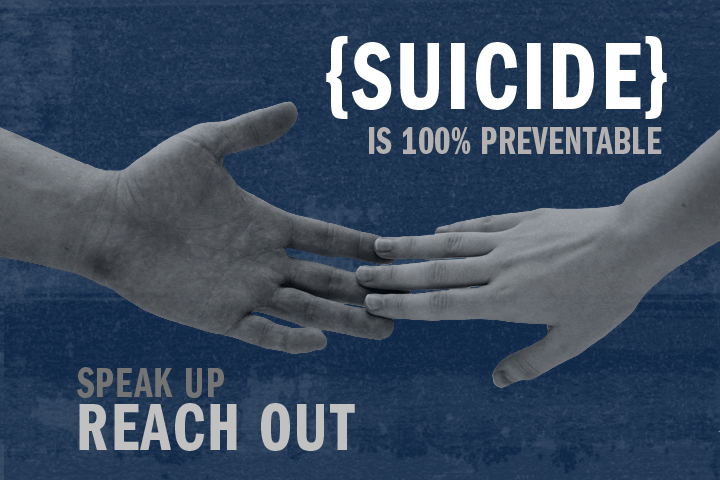
We need better laws and improved mental health services.

We need better laws and improved mental health services.

Mike Wallace and I didn’t start off as friends.
The great CBS newsman, who died Saturday at age 93, telephoned me when I was writing my first book, Family of Spies: Inside the John Walker Jr. Spy Ring. It was 1986 and Wallace had learned that I was the only reporter who had gotten John Walker Jr. to talk to me.
At the time, Walker hated the media and didn’t want to talk to anyone about the 18 years that he had spent spying for the Soviets or how he had recruited his son, Michael; his brother, Arthur; and his best friend, Jerry Whitworth, as traitors.
For those of you who haven’t read my book or might not remember the case, John Walker Jr.’s arrest in 1985 was the biggest spy scandal in the U.S. history since Julius and Ethel Rosenberg were convicted and executed in 1953.
Walker’s treachery stunned the nation and Mike Wallace was eager to get the first television interview with him.

Buzz and Elaine Blackett’s son, David, ended his own life on February 27, 2011, when he was a student at Colorado College in Colorado Springs. Buzz spoke about his son’s suicide in an emotional tribute during a reception held last week on the campus before I gave a lecture later that night.
Buzz recalled how David had been diagnosed with a mental illness in his teens, how he had kept it secret from his classmates, and how he had desperately wanted to be “normal.” While in college, David decided to stop taking his medication and soon spiraled into a depression that proved fatal.
Suicide is the second leading cause of death among college students and the main trigger is untreated depression.
“Our son was taking his medicine when, all of the sudden, he started showing signs that he was slipping and becoming ill again. My first thought was: ‘He’s stopped taking his medication.’ That’s what his psychiatrist thought too. But it was something else entirely.”
This email from a concerned mother is one of several that I’ve received about a problem that may impact individuals who have been diagnosed with a mental disorder and take anti-psychotic medication.

When a person becomes psychotic, what happens to their personality?
It may sound like an odd question, but I would like to hear your response.
My son is not a violent person. He is loving, caring, thoughtful and kind. He is certainly not someone who would smash through a glass patio door and enter a stranger’s house to take a bubble bath. Yet that is exactly what he did when he became delusional.
Where “was” the person whom I love when this happened?

I get a half dozen or more emails each week from parents who are frustrated because they can’t get adequate treatment for an adult child who has a mental disorder. Many times, their loved one has a co-occurring problem, such as a drug and/or alcohol addiction.
I received this email from a mother whose daughter faces a different medical issue: diabetes and mental illness.
I wanted to share it with you.
"Pete Earley is a fair-minded reporter who apparently decided that his own feelings were irrelevant to the story. There is a purity to this kind of journalism..."
- Washington Post"A former reporter, Mr. Earley writes with authenticity and style — a wonderful blend of fact and fiction in the best tradition of journalists-turned-novelists."
- Nelson DeMille, bestselling author"A terrific eye for action and character. Earley sure knows how to tell a story. Gripping and intelligent."
- Douglas Preston, bestselling co-author of The Relic

Pete Earley is the bestselling author of such books as The Hot House and Crazy. When he is not spending time with his family, he tours the globe advocating for mental health reform.
As a former reporter for The Washington Post, Pete uses his journalistic background to take a fair-minded approach to the story all while weaving an interesting tale for the reader.
Sign up to receive blog posts and the latest from Pete including new books and resources.
Copyright © 2025 · Education Child Theme on Genesis Framework · WordPress · Log in